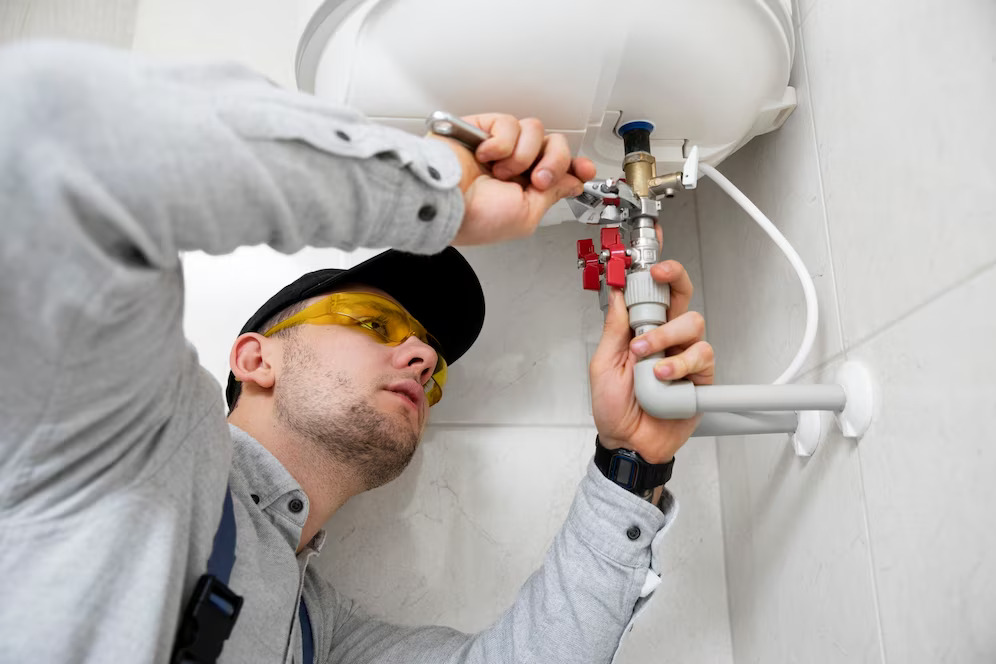Boiler hire solutions offer businesses a highly flexible and efficient option for dealing with temporary heating requirements during events, seasonal peaks, or periods of planned maintenance and upgrades. However, like with any heating system, safety should always remain a top priority when utilising boiler hire equipment. Ensuring the safe installation and operation of a temporary boiler system is crucial for protecting both employees and property from potential hazards.
This article will delve into the essential safety considerations to keep in mind when selecting and implementing a boiler hire solution. We will outline the best practices that businesses should follow, including the proper installation and operation guidelines, maintenance procedures, and compliance with regulations and safety standards. By adhering to safety best practices, businesses can minimise risk and ensure a safe working environment while benefiting from the adaptability and efficiency of a temporary heating system.
Boiler Hire: Essential Safety Considerations and Best Practices for Temporary Heating Solutions
1. Proper Installation and Operation Guidelines
To ensure the safe operation of a temporary boiler system, it is of utmost importance to follow proper installation and operation guidelines:
- Select a suitable location: Choose a well-ventilated location, away from flammable materials and potential ignition sources. Ensure there is adequate space for safe access to the boiler and its ancillary equipment.
- Use appropriate support: Temporary boilers and associated pipework should be securely supported using suitable structures, such as scaffolding or purpose-built brackets, to prevent movement and damage.
- Emergency shut-off: Ensure that boiler systems are fitted with essential safety devices, such as an emergency shut-off switch and safety valves, for the prompt cessation of operation in case of a malfunction.
- Regular inspections: Conduct routine inspections of the entire boiler system during operation, checking for leaks, loose connections, or signs of distress.
By following these installation and operation guidelines, businesses can minimise the risk of accidents and ensure the safe operation of their temporary heating systems.
2. Maintenance Procedures for Safety
Regular maintenance is vital for maintaining the safety and operational efficiency of a boiler hire solution:
- Keep a maintenance schedule: Develop and adhere to a maintenance schedule to ensure that routine tasks, such as cleaning, inspections, and component checks, are conducted without fail.
- Identify potential issues: Monitor the boiler’s performance and look out for signs of wear or damage to components that may indicate potential safety issues.
- Seek professional assistance: Whenever an issue is detected, promptly engage the services of boiler hire professionals to address the problem and prevent further escalation.
A comprehensive maintenance approach is crucial for ensuring your temporary boiler system remains safe and fully operational.
3. Compliance with Regulations and Safety Standards
Adhering to all relevant regulations and safety standards is essential for operating a boiler hire solution within a secure and legally compliant environment:
- Observe local regulations: Ensure compliance with all applicable local and national regulations relating to the installation, operation, and maintenance of boiler systems.
- Stay updated on industry standards: Keep up-to-date with the latest industry safety standards and best practices, such as those outlined by the Health and Safety Executive (HSE) or other governing bodies, to maintain an ongoing commitment to boiler safety.
- Train personnel: Provide training to all employees responsible for operating, maintaining, or interacting with the temporary boiler system, ensuring they are well-versed with relevant safety processes and protocols.
Compliance with regulations and safety standards can help to prevent accidents, liabilities, and penalties, and protect the wellbeing of employees and property.
4. Emergency Preparedness and Response
Being prepared for emergencies ensures that businesses can respond quickly and effectively when potential risks arise:
- Develop an emergency response plan: Outline the steps that should be taken in response to various emergency situations, such as boiler malfunctions or leaks, and ensure all employees are familiar with these procedures.
- Conduct regular evacuation drills: Regularly practice evacuation drills, allowing employees to become accustomed to the quickest and safest routes to exits in case of emergencies.
- Institute safety-oriented communication: Establish clear communication channels for reporting safety concerns or hazardous situations so that immediate action can be taken by the responsible personnel.
Taking proactive steps to prepare for and appropriately respond to emergencies can minimise potential harm to employees and property when emergencies occur.
Conclusion
Ensuring the safety of a temporary boiler hire solution is of paramount importance and requires diligent planning, operation, and maintenance. By adhering to proper installation and operation guidelines, conducting timely maintenance procedures, complying with all relevant regulations and safety standards, and fostering emergency preparedness and response, businesses can safely benefit from the versatility and efficiency offered by boiler hire solutions.
Rely on our expertise in boiler hire safety for peace of mind when sourcing a temporary heating system for your business. Contact London Climate Hire today to discuss your specific requirements, and let our knowledgeable team provide you with a safe and tailored boiler hire solution that meets the highest safety standards.

